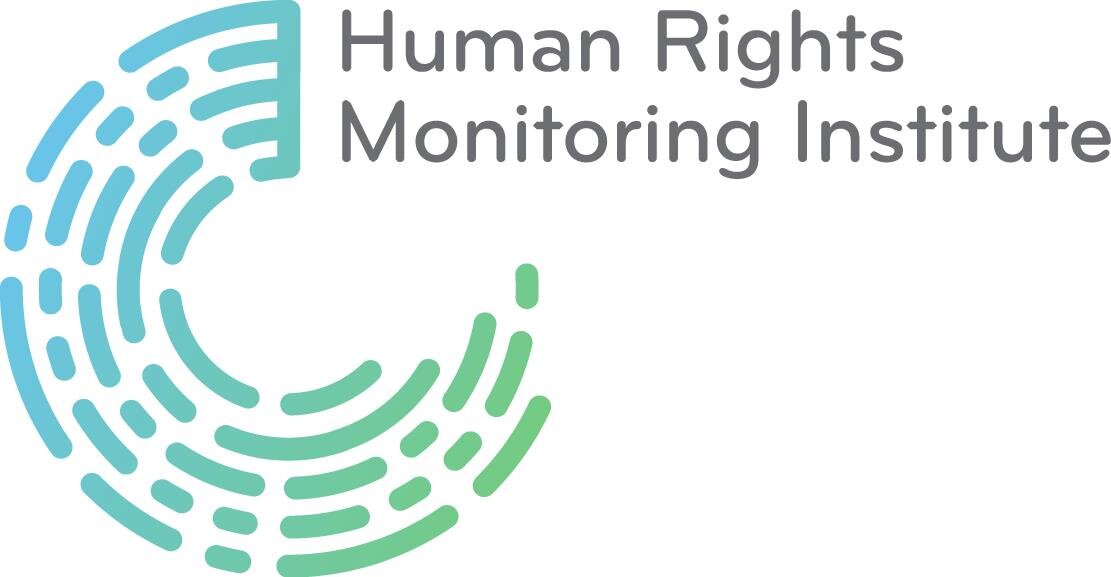ENGLISH | LIETUVIŠKAI
The #ItsNotOK initiative
Tackling Social Norms around Intimate Partner Violence in Lithuania
The #ItsNotOK initiative is a participatory action-research project that aims to promote public debate and potential solutions to change social norms around intimate partner violence (IPV) in Lithuania.
Powered by a voluntary team of citizens and international experts, the initiative aims to provide reliable data on the social norms around IPV in the country, and collaborative evidence-based interventions to transform those social norms.
What is this about?
#ItsNotOK is a voluntary initiative by Lithuanian and international institutions, citizens, students and experts to contribute to the transformation of social norms that support intimate partner violence in the country. The project is organized by the Behavioural Lab LT, the Department of Psychological and Behavioural Science at London School of Economics and the Human Rights Monitoring Institute (HRMI) of Lithuania.
In the first phase of the initiative, our main actions include:
The design and application of a representative survey about social norms that support intimate partner violence in Lithuania
A “Behavioral Hacks” international event to design collaborative and evidence-based interventions to transform those social norms
Regional workshops with young people in Lithuania to explore pathways for the implementation of the interventions designed
Our work plan for 2021 includes:
Survey design
Survey application and analysis
“Behavioural Hacks” event
Regional workshops
Who are we?
Dr. Paulius Yamin
Managing Director at the Center for Social Norms and Behavioral Dynamics - University of Pennsylvania | Founding Partner at the Behavioural Lab LT | Visiting Fellow at the London School of Economics
Dr. Maxi Heitmayer
Teaching Fellow in Psychological and Behavioural Science, London School of Economics (UK) | Member at the Behavioural Lab LT
Katherine Ziegelbauer
Behavioural Scientist and PhD Candidate at the London School of Economics
Ugnė Grigaitė
PhD Fellow in Global Public Health at the Lisbon Institute of Global Mental Health | Human Rights Monitoring Institute, Lithuania
Eglė Žeimė
Behavioural Scientist at the Behavioural Lab LT
Karen Snow
PhD Candidate in Social Policy and Interventions at the University of Oxford
Angela Paola García Soler
MA student in International Communication at Vilnius University
Lara Geermann
Director of Engagement at the Behavioral Lab LT | High School Student from the Otto-Hahn-Gymnasium in Germany
Dr. Sania Ashraf
Research Scientist at the Center for Social Norms and Behavioral Dynamics - University of Pennsylvania
Anubha Tyagi
Program Coordinator at the Center for Social Norms and Behavioral Dynamics - University of Pennsylvania
Organizers and allies
Why intimate partner violence? Why social norms?
Intimate partner violence remains an urgent public health and human rights problem in Lithuania which, unfortunately, doesn’t receive as much public attention as it should. One out of every four women (24%) in Lithuania report having suffered physical or sexual violence from their partners at least once. Women that have experienced intimate partner violence are significantly more likely to suffer from both worse mental and physical health, including significantly lower self-esteem, higher risk of depression, suicidality, experience of chronic pain, hypertension, seizures, gastrointestinal and gynecological issues and 16% more likely to have a baby with low birthweight.
Social norms (the ideas that people have around what’s considered “typical” and “acceptable” in Lithuania) play a major role in maintaining these practices. An Eurobarometer survey in 2010 found that 80% of Lithuanians thought that domestic violence was common in our country, while 86% blamed victims by agreeing that the “provocative behaviour of women” is a reason for violence against them.
As long as these and other perceptions and beliefs subsist among lithuanians, physical, psychological, sexual and economic violence against women will continue to be considered by many as an “acceptable” or a “private” part of sentimental relationships and family life. And unfortunately, media can often play a major role in this: the Office of the Equal Opportunities Ombudsperson evaluated 33% of media reporting on gender violence as inappropriate.
These beliefs influence not only the behavior of perpetrators (which often see their behavior as “justifiable”), but also a wide range of other outcomes: from how willing victims are to report cases and the treatment they receive when they do, to the the general attention society pays to the problem and the willingness of politicians to promote effective policies to tackle it.
Intimate partner violence is a complex problem and a crime that will only be solved with the joint commitment of public authorities with citizens and organizations around the country. But any initiative against IPV will be ineffective if we don’t change the beliefs and norms that support it on an everyday basis.
#ItsNotOK
Contact
To get updates from our project and activities, please leave your email below.
If you’d like to collaborate, become an ally/organizer, or get more information about our initiative, please use this form or send us an email to paulius@behavioural-lab.com















